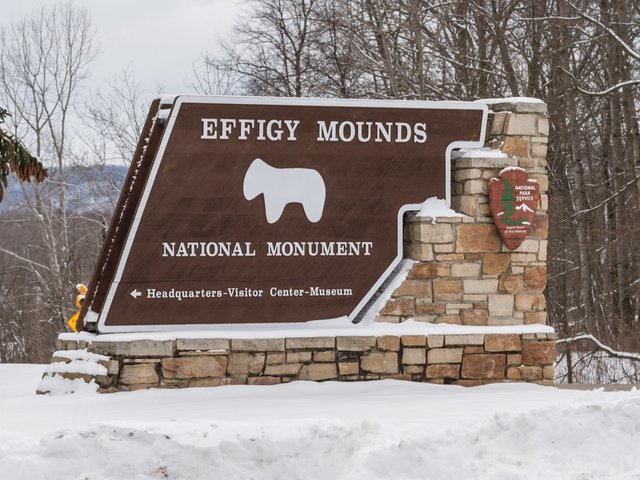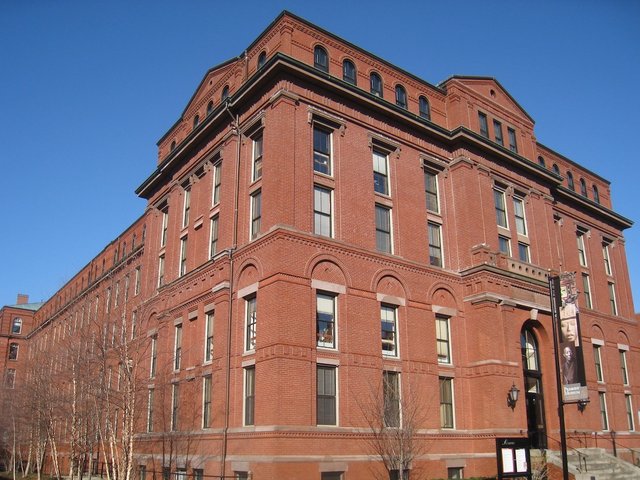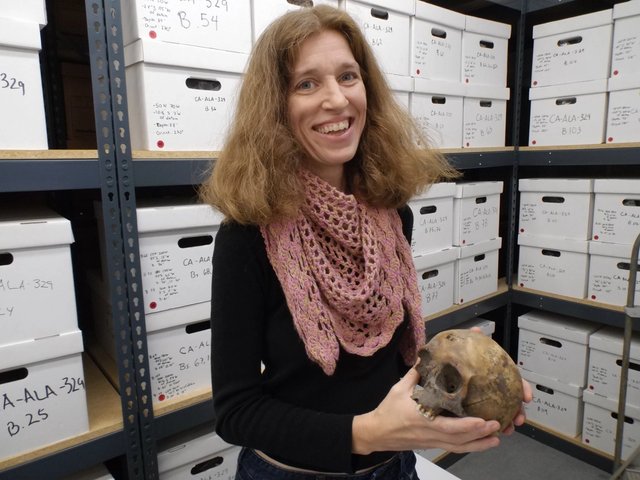Harvard University in Cambridge, Massachusetts, holds the remains of nearly 7,000 Indigenous people and almost 20 people who were likely enslaved, according to an unfinalised report compiled by a steering committee formed last year to navigate repatriation concerns.
The draft report dates from April this year and was obtained and detailed by The Harvard Crimson last week. In a statement to the school newspaper, the committee’s chair, professor Evelynn M. Hammonds, expresses that leaking the draft report was “irresponsible”, and that it is an “outdated version that does not reflect weeks of additional information and committee work”.
Hammonds added that the committee will release a final report once it concludes its work, which includes DNA analysis; the development of university-wide policies on the collection, display and ethical stewardship of human remains; and the proposal of principles regarding consultation, repatriation, burial or reburial and other considerations.
In a statement announcing the launch of the steering committee in 2021, Harvard president Lawrence S. Bacow said the museum collections contain “the remains of more than 22,000 individuals, most of them held by either the Peabody Museum of Archaeology and Ethnology or the Warren Anatomical Museum”.
He added, “We know much about some of these individuals because they were accompanied by detailed records of their unique experiences, but others were afforded no biographical information. The latter circumstance is a testament, in some cases, to the status of individuals at the times of their deaths or to the standards under which their remains came to be collected.”
The formation of the committee followed a review released last year by the Peabody Museum of Archaeology and Ethnology amid protests arguing that the museum had not fulfilled its legal obligations under the Native American Graves Protection and Repatriation Act (NAGPRA)—the statute that requires institutions receiving federal funding to catalogue their holdings of Indigenous artefacts and human remains, which is currently being revised.





